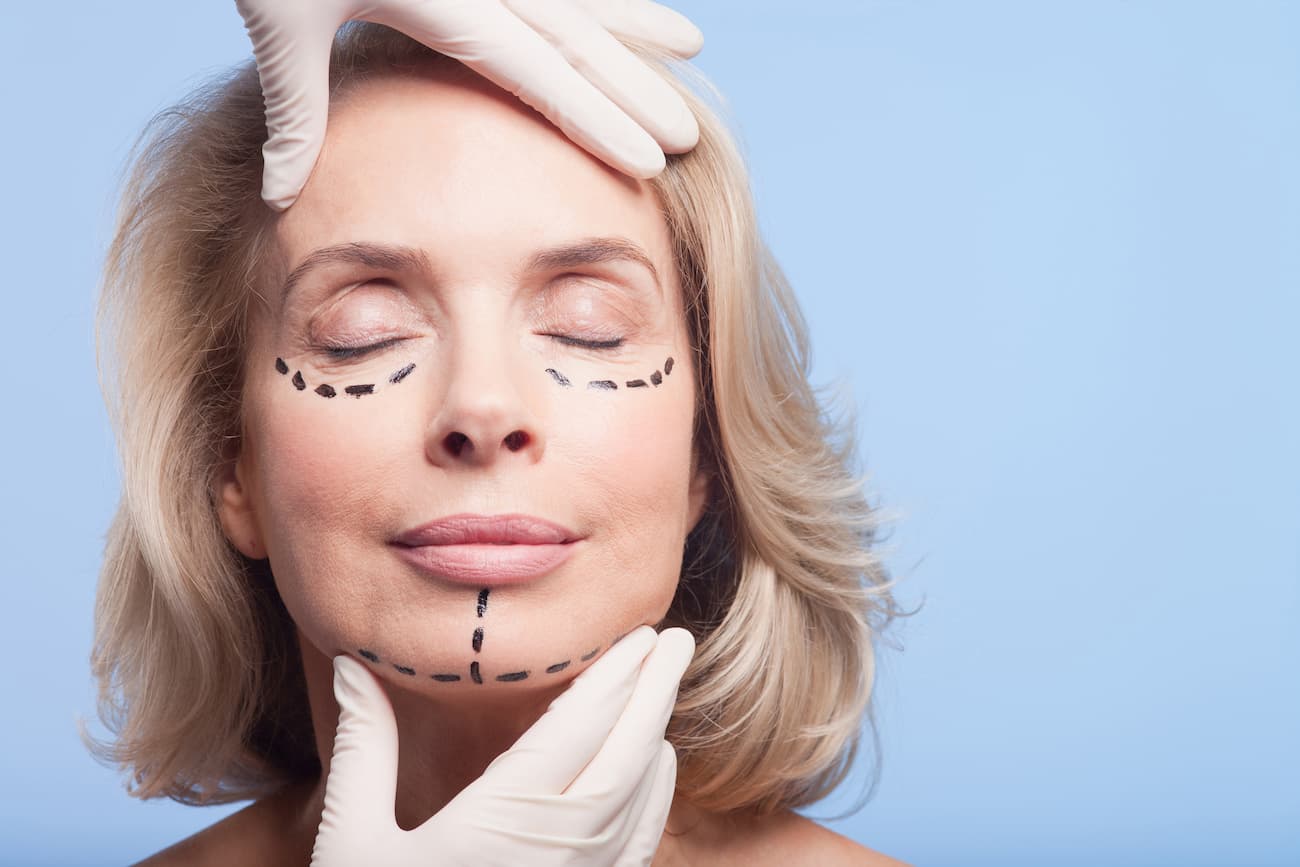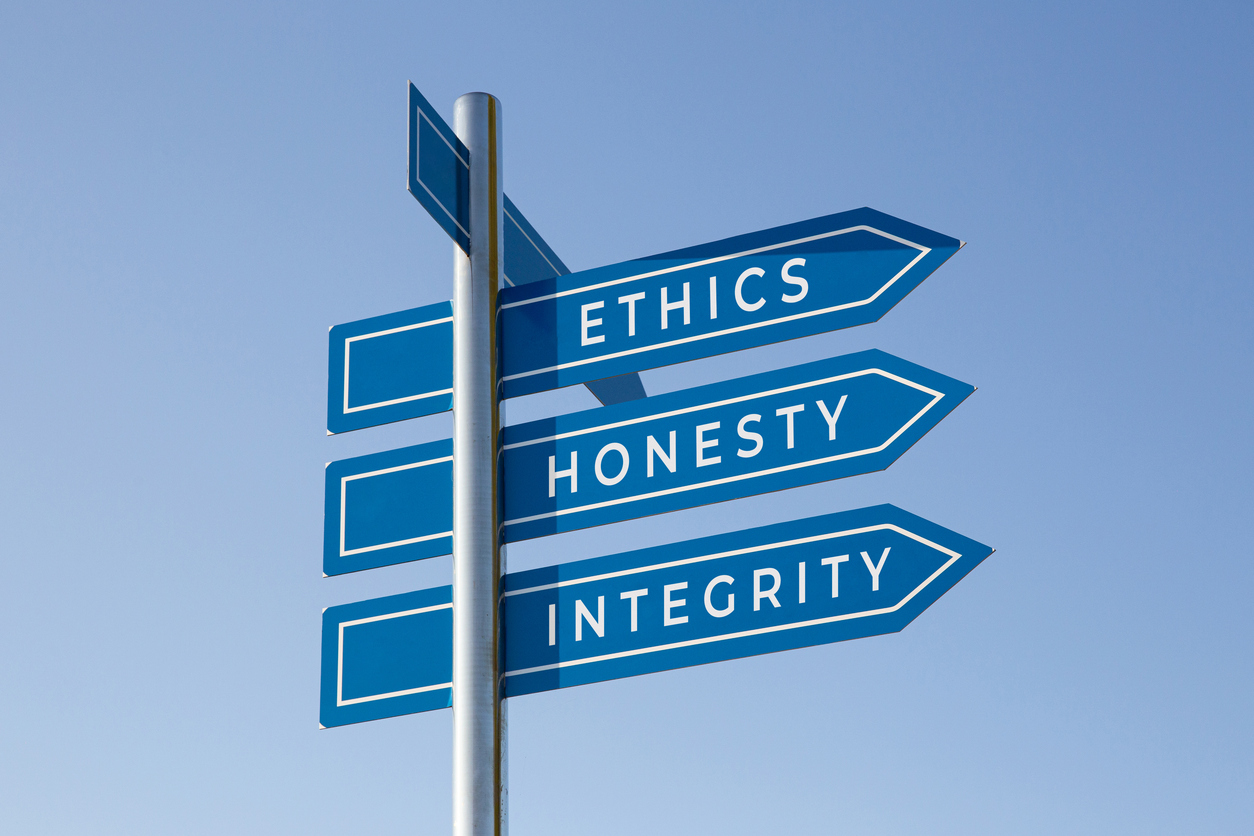
Written by
Drew Gieseke
Drew Gieseke is an aPHR®-certified marketing professional who writes about HR, compliance, and healthcare solutions.
Can You Limit Liability by Requiring Workers to Sign COVID-19 Waivers?

With many employers considering reopening their places of business during the pandemic, employees and customers alike may be at greater risk for infection and spread. What can employers do to limit their legal liability in the event that a breakout occurs among their staff?
Can Employers Be Sued by Workers who Get Exposed on the Job?
In short, yes. But, it depends on where your business is located.
According to the Occupational Safety and Health Administration (OSHA), federal law indicates that workers “are entitled to a safe workplace,” and that employers “must provide a workplace free of known health and safety hazards.” Despite their current relevance, these protections were put into place long before COVID-19 began its spread across the country.
In some states, legal shields against harmful coronavirus lawsuits are working their way through legislatures or have already passed. Other states have already passed laws granting immunity for healthcare workers and facilities, including nursing homes.
What About COVID-19 Waivers?
As can be imagined, this is a hot-button legal issue at the moment. The essence of the topic is whether or not employers can require their workers to sign a waiver that disclaims liability in the event that an employee becomes infected with the coronavirus. Many law firms have already weighed in on the legality of these types of waivers.
For example, Columbus, Ohio-based firm Vorys, Sater, Seymour and Pease LLP finds COVID-19 waivers problematic for a few different reasons, namely that workers “are not permitted to prospectively waive their rights under state workers’ compensation laws.”
Alternatively, the Ohio State football team recently announced that players would be required to sign an “acknowledgment of risk waiver due to COVID-19,” to participate in team activities, as reported by CBS Sports and first by the Columbus Dispatch. This waiver works a little bit differently from simply absolving employers from liability—in this case, student athletes agree to participate in “contact tracing efforts and reporting of exposure,” among other measures.
And while there’s certainly a difference between collegiate athletes and office workers—both in terms of legal protections and in 40-yard dash times—a throughline between the two is that these kinds of waivers may become more common in various American industries as the economy continues to reopen.
What Can Be Done?
Until a federal law protecting employers from legal liability is passed—if ever, as this remains a topic of debate in Congress—it’s up to states to offer protection for their various industries. Of course, this too is not a sure thing, which is why it’s important for business owners to stay up-to-date on how they can keep their workers safe.
In May 2020, the Center for Disease Control and Prevention (CDC) released guidelines and best practices for reopening workplaces, which apply to a wide swath of industries. But, as the George Mason University’s Mercatus Center points out, it’s still “unclear whether simply following CDC guidelines will be an adequate shield against legal liability.”
With all of this in mind, employers can and should follow these steps to mitigate the risk of infection as they reopen their businesses. Any actions to the contrary—such as knowingly or intentionally putting workers at risk—only heightens an organization’s vulnerability to litigation.

Written by
Drew Gieseke
Drew Gieseke is an aPHR®-certified marketing professional who writes about HR, compliance, and healthcare solutions.
Related Posts
Yes, you can use a health savings account, or HSA, for cosmetic surgery, but only in...
According to the KPMG 2023 CEO Outlook, 64% of business leaders believe there will be a...
Thomas J. Peters, best known for his book In Search of Excellence, once stated, “The day...
According to the Ethics and Compliance Initiative’s (ECI) 2023 Global Business Ethics...






Submit a Comment